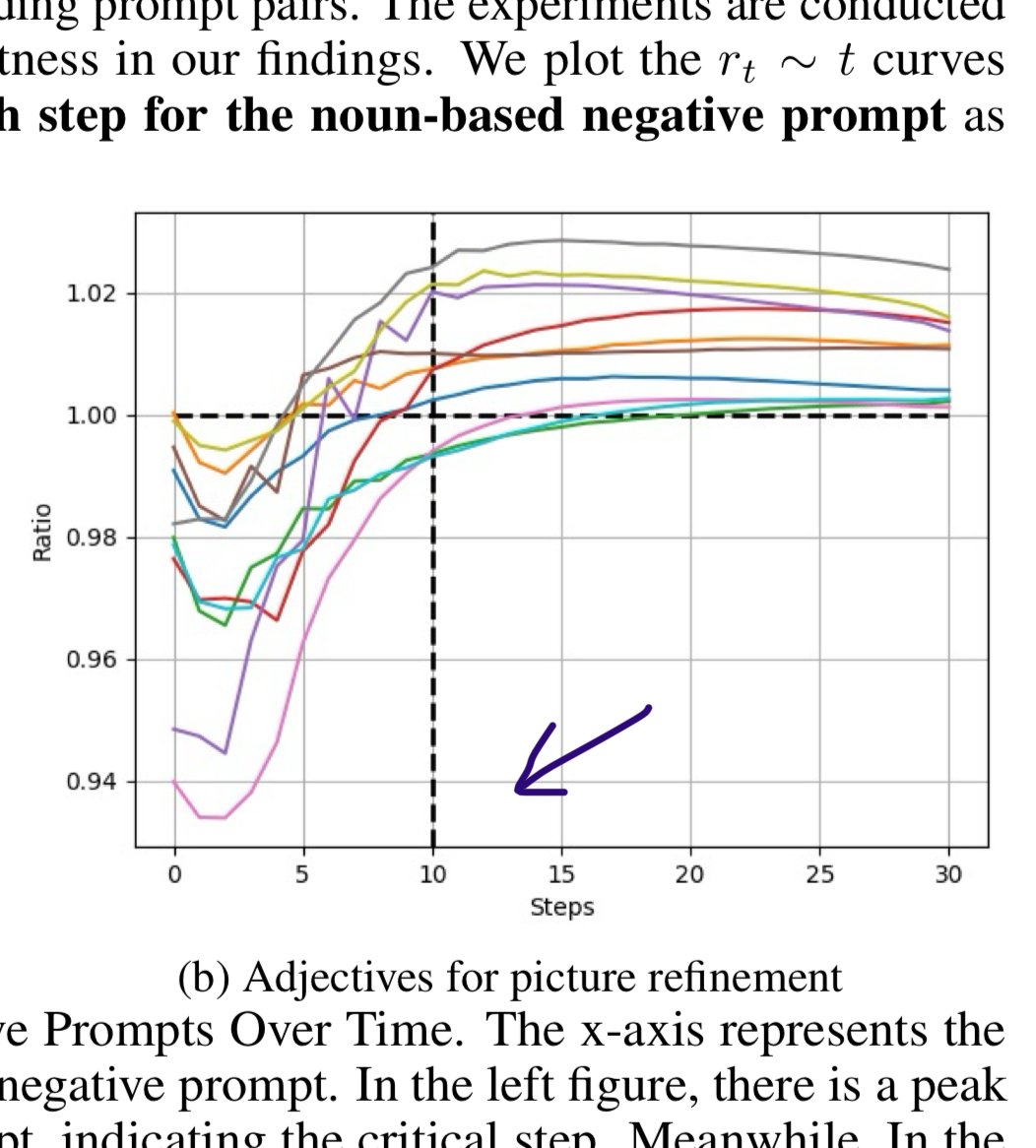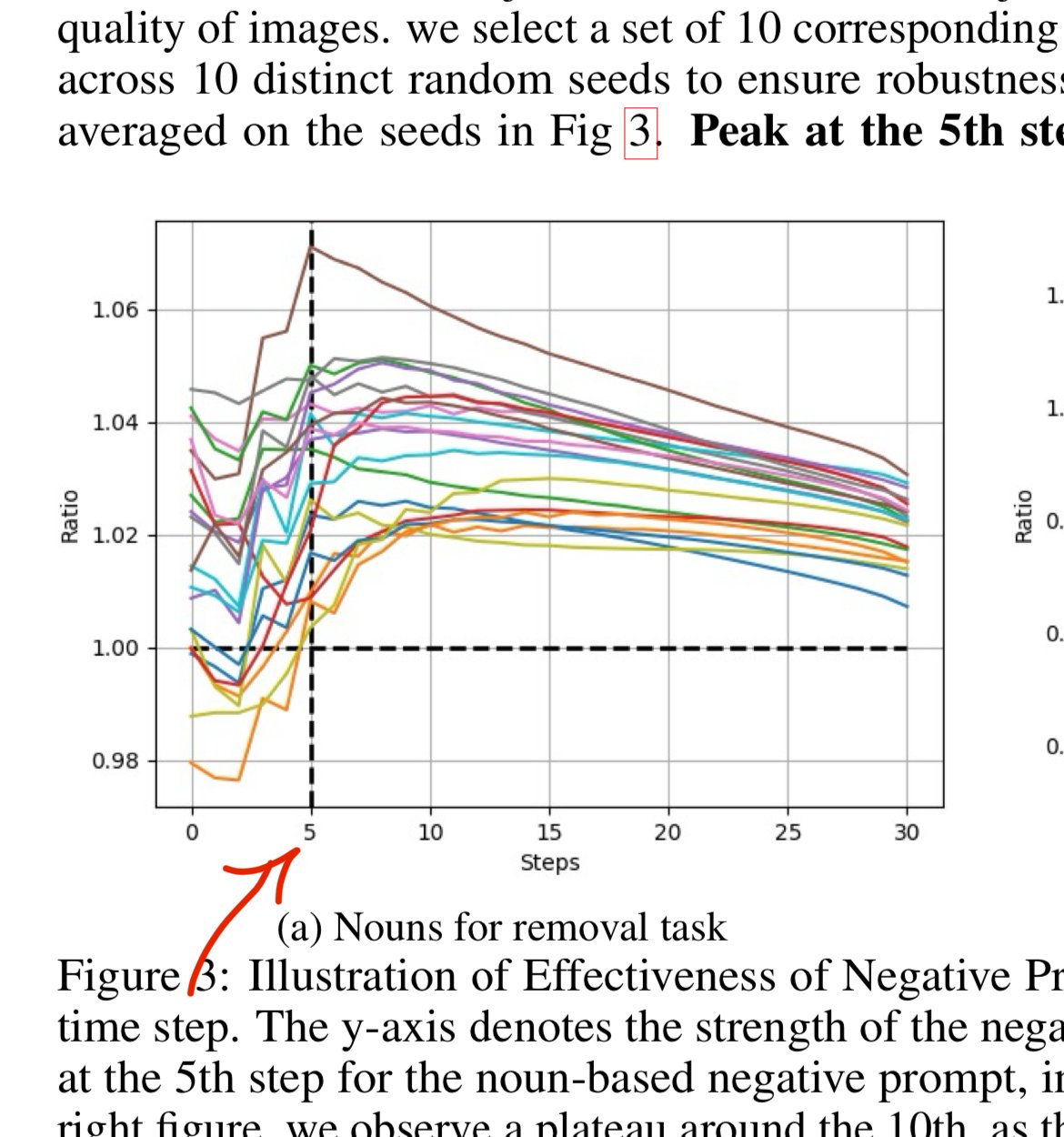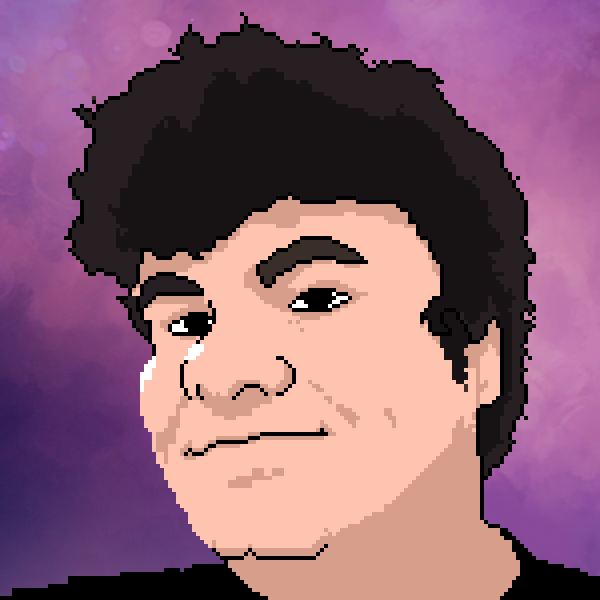I would like to know where I may find a listing of common negative prompt elements to do with distorted, mutated, or deformed images, the placement of intersecting bodies, additional, arms, legs, as the generators seem to ignore the negative prompt?
I’d just google it. 🤷
Something to bear in mind though is that in general, the fewer prompt terms, the better. You can have gargantuan, monolithic walls of text as prompts and negative prompts… which will take more time for the engine to process and generate from, and is more likely to produce the weird artefacts you’re trying to avoid.
Just something to think about.
The author of the above question… in addition, a listing of camera attributes that t2i generators take into account, as I am having some problems trying to introduce a list of aperture setting related depth of field options?
There is no such set of terms it understands. There’s just the process of trying different terms, and seeing what happens. It’s not a rigorous structured database. It’s an amorphous blob of abstract meaning linking even more amorphous probability spaces of different kinds of images linked to words images were tagged with before it was trained on them.
It is good that you ask :)!
Read this: https://arxiv.org/abs/2406.02965
The tldr:
Negatives should be ‘things that appear in the image’ .
If you prompt a picture of a cat , then ‘cat’ or ‘pet’ can be useful items to place in the negative prompt.

Best elimination with adjective words is with 16.7% delay , by writing \[ : neg1 neg2 neg3 :0.167 \] instead of neg1 neg2 neg3

Best elimination for noun words is with 30% delay , by writing “\[ : neg1 neg2 neg3 :0.3 \]” in the negative prompt instead of "neg1 neg2 neg3 "


